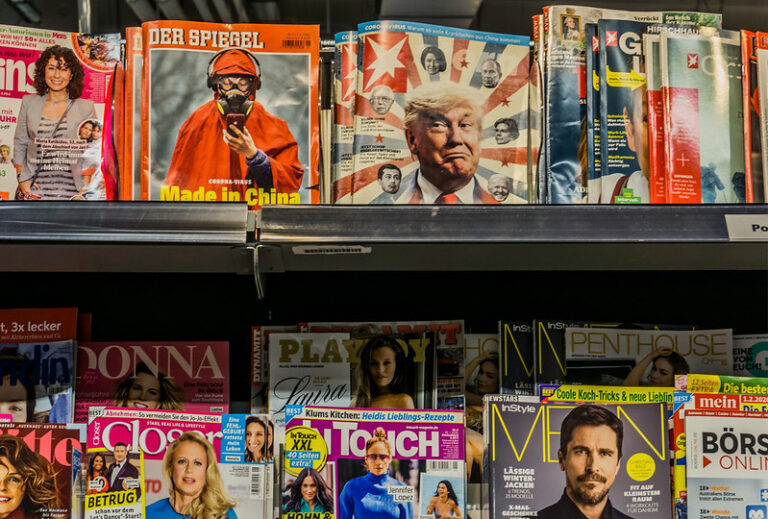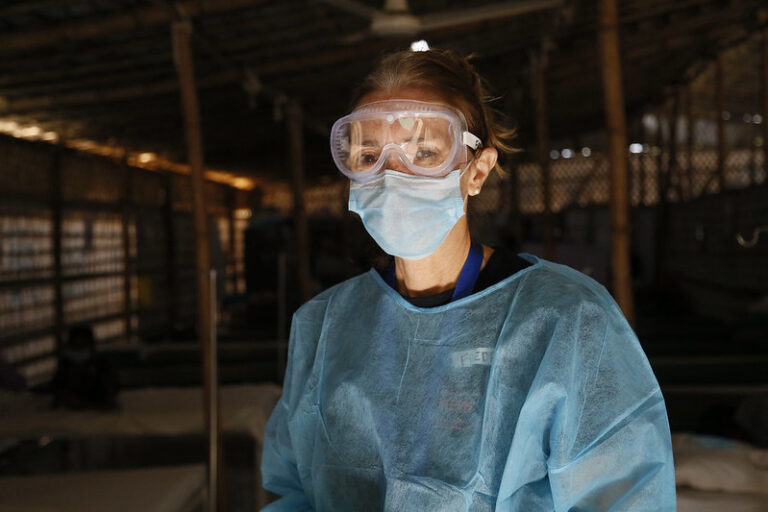European fear of ‘missing out’ and narratives on China in Africa
The ETTG note debunks some of the dominant myths surrounding Chinese engagement in Africa and unpacks the evolving relationship between China and the African continent. It starts by looking closer at common European perceptions about China-Africa relations. It then provides a brief sketch of the historical underpinnings of China’s engagement in Africa. Afterwards, it looks at how the notion of competition with rising global powers like China has influenced the EU’s relations with African partners.






